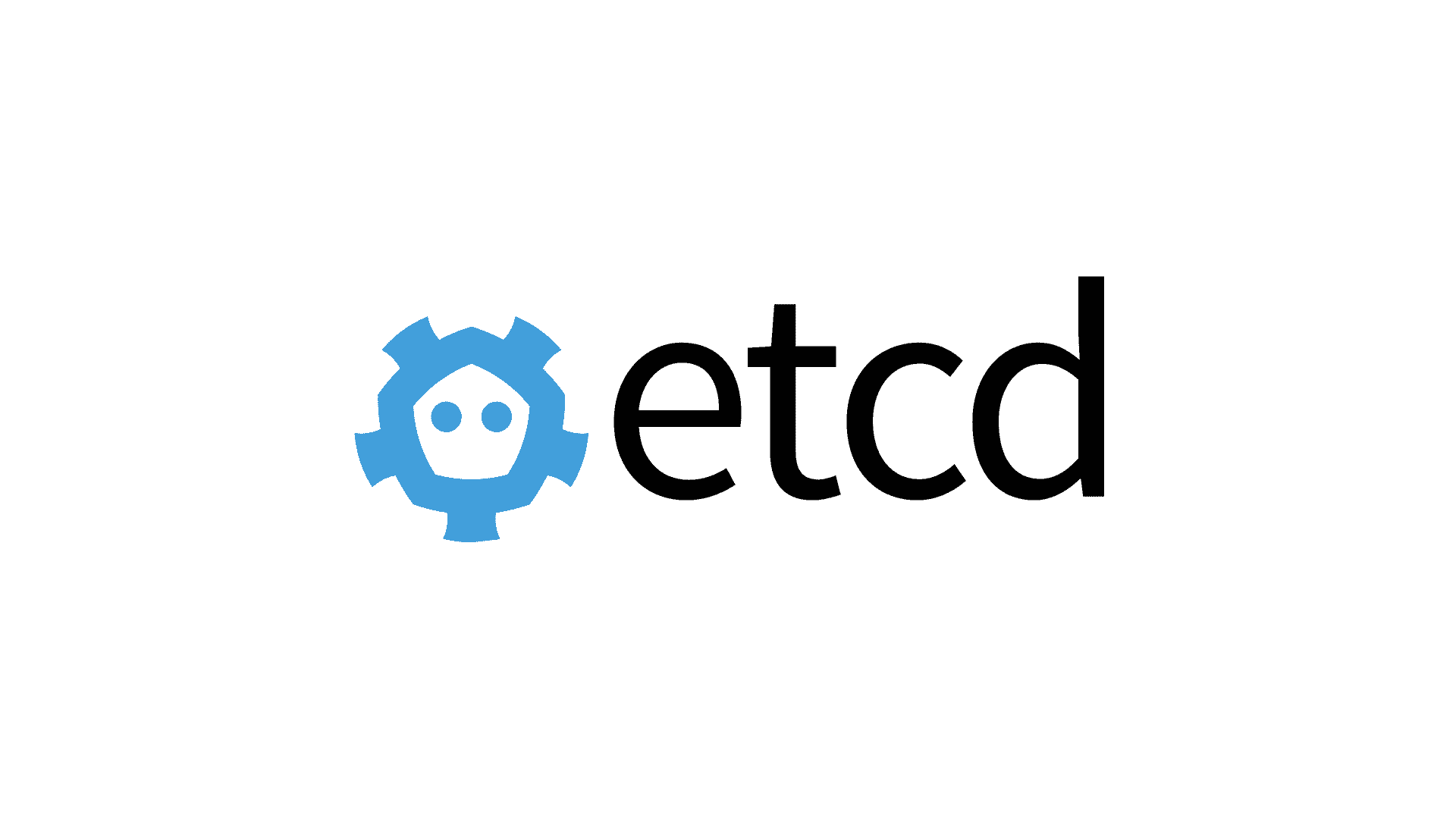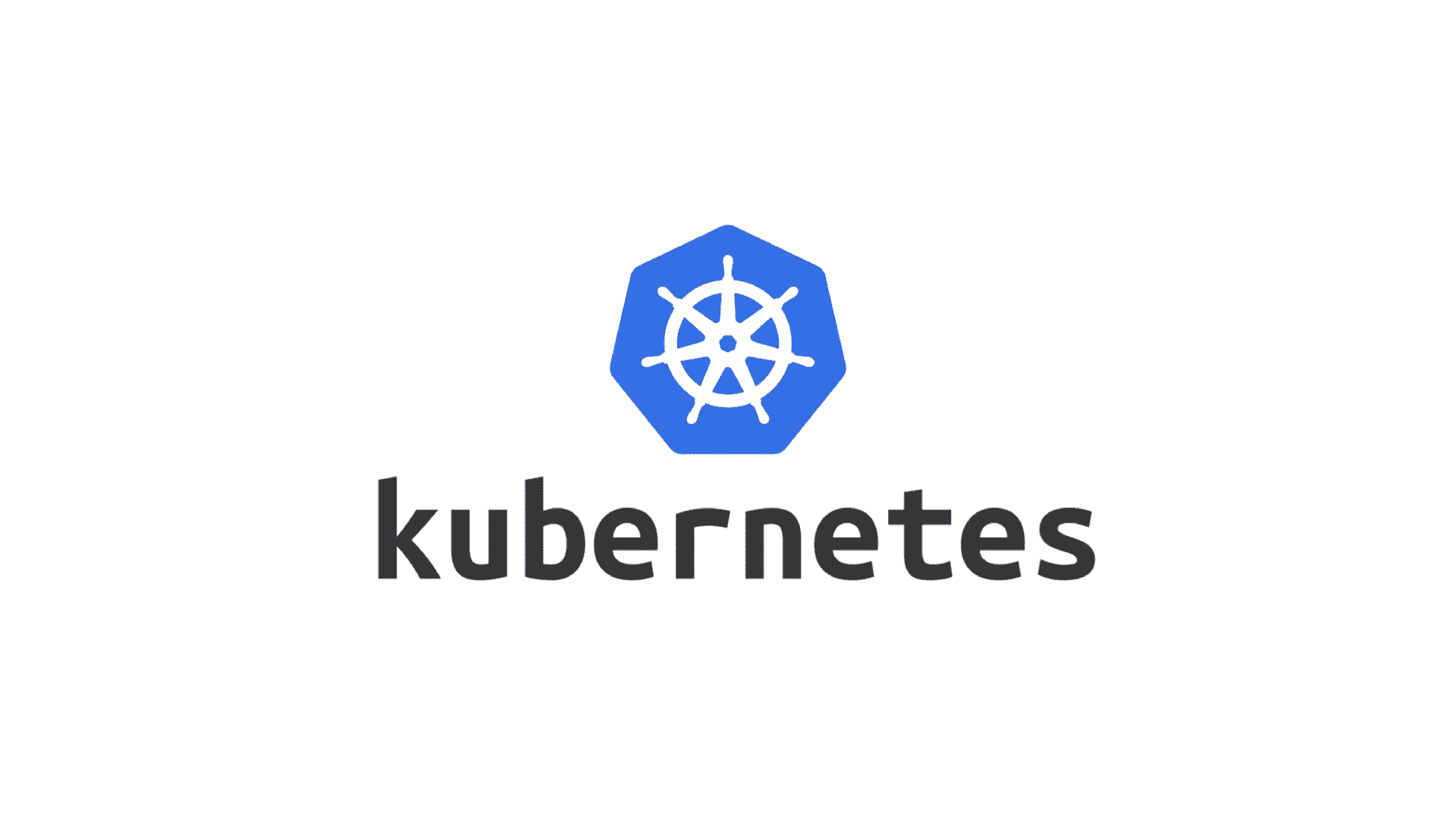安装Jenkins
准备工作
- 安装
Maven,Pusher Over SSH,SSH server插件,后重启jenkins生效
- 配置
jenkins连接到服务器
- 系统管理 –> 系统配置 –> Publish over SSH –> SSH Servers
- Name: 易读的主机名
- Hostname: 服务器IP
- Username: 登录服务器账号
- Remote Directory: 项目存放目录
- 高级
- [√] Use password authentication, or use a different key
- 配置服务器密码,或者免密登录(提前配置好Jenkins服务器免密登录到目标机器)
- Path to key 或者 Key(私钥) 二选一
构建maven项目方式
Run build方式
1
2
3
4
5
6
7
8
9
10
11
12
13
14
15
16
17
18
19
20
21
22
23
24
25
26
27
28
29
30
31
32
33
34
35
36
37
38
39
40
41
42
43
44
45
46
47
48
49
50
51
52
53
| # cat run_build.sh
#!/bin/bash
# Des: Deploy and build Java containers
# -->> modify here to start <<--
app_dir=/data/java
group_name='rat'
app_name='rat-api'
app_port='10040'
app_version='1.0.jar'
profile_active='prod' # test| dev| prod
# -->> modify here to end <<--
# 清理旧容器,如果存在
if [ docker inspect ${app_name} &>/dev/null ];then
# 停止旧容器
echo '--->>>stop container<<<---'
docker stop ${app_name}
# 删除容器
echo '--->>>rm container<<<---'
docker rm ${app_name}
# 删除镜像
echo '--->>>rm image<<<---'
docker rmi ${group_name}/${app_name}:${app_version}
fi
# 构建新版镜像
echo '--->>build image<<---'
cd ${app_dir} # jar上传到服务器的路径
docker build -t ${group_name}/${app_name}:${app_version} .
# 启动Docker镜像
echo '--->>start container<<---'
docker run \
--name ${app_name} \
-p ${app_port}:10040 \
-e 'spring.profiles.active'=${profile_active} \
-e /etc/localtime:/etc/localtime:ro \
-d ${group_name}/${app_name}:${app_version}
log_time=$(date '+%F %T.%N' |cut -c -23)
if [ $? -ne 0 ];then
echo "$(log_time) [Warning] Project ${app_name} failed to start."; exit 1
fi
echo "$(log_time) [Info] Project ${app_name} started successfully."
# cat Dockerfile
FROM java:8
ADD rat-api-1.0.jar /app.jar
RUN bash -c 'touch /app.jar'
ENTRYPOINT ["java", "-jar","/app.jar"]
|
构建流水线方式
安装 Pipeline 插件
Manage Jenkins -> Manage Plugins -> 可选插件 -> Pipeline
创建流水线
- 配置构建
参数化构建,根据分支拉取代码
名称
branch
默认值
master
描述
输入分支名称
流水线
定义
Pipeline script from SCM
- SCM
Git
- Repository URL
git@xxx:xxx/xxx.git
- Credentials
root(gitlab-auth)
- Branches to build
*/master
- 脚本路径
Jenkinsfile
创建Jenkinsfile文件
在项目根目录创建Jenkinsfile文件,编写流水线脚本
1
2
3
4
5
6
7
8
9
10
11
12
13
14
15
16
17
| pipeline {
agent any
options {
timeout(time: 1, unit: 'HOURS')
}
stages {
stage('拉取代码') {
steps {
checkout([$class: 'GitSCM', branches: [[name: '*/${branch}']], extensions: [], userRemoteConfigs: [[credentialsId: '32d07987-5509', url: 'http://192.168.5.111:80/gitee/xx/xx/cabast']]])
echo '拉取代码成功'
}
}
}
}
|
Jenkinsfile中需提前配置好Git仓库地址和相关凭证
验证构建
运行构建,可成功拉取代码即可
构建镜像
使用Dockerfile编译、生成镜像
流程:把Java项目打包成JAR包后在Dockerfile使用ADD命令把JAR文件放到镜像里,启动命令设置执行这个JAR文件即可
- 将 ADD rat-api-1.0.jar 改成实际的
jar包名
1
2
3
4
| # cat Dockerfile
FROM openjdk:8-jre
ADD target/*.jar /application.jar
ENTRYPOINT ["java", "-jar","/application.jar"]
|
使用dockerfile-maven-plugin插件
- 1.修改微服务项目根目录的
pom.xml文件中加入dockerfile-maven-plugin插件
1
2
3
4
5
6
7
8
9
10
11
12
13
14
15
16
17
18
19
20
21
22
23
|
<plugin>
<groupId>com.spotify</groupId>
<artifactId>dockerfile-maven-plugin</artifactId>
<version>1.4.7</version>
<executions>
<execution>
<id>default</id>
<goals>
<goal>build</goal>
</goals>
</execution>
</executions>
<configuration>
<repository>${project.artifactId}</repository>
<tag>${project.version}</tag>
<buildArgs>
<JAR_FILE>${project.build.finalName}.jar</JAR_FILE>
</buildArgs>
</configuration>
</plugin>
|
- 2.在微服务项目根目录下创建
Dockerfile文件,注意修改端口
1
2
3
4
5
6
| FROM openjdk:8-jdk-alpine
EXPOSE 8082
ARG JAR_FILE
ADD target/${JAR_FILE} /app.jar
ENTRYPOINT ["java", "-jar","/app.jar"]
# ${JAR_FILE} 这个参数是从pox.xml 文件中传过来的,名称必须一致才行。
|
- 3.在微服务项目根目录下创建
Jenkinsfile构建脚本
1
2
3
4
5
6
7
8
9
10
11
12
13
14
15
16
17
18
19
20
21
22
23
24
25
| pipeline {
agent any
options {
timeout(time: 1, unit: 'HOURS')
}
stages {
stage('拉取代码') {
steps {
checkout([$class: 'GitSCM', branches: [[name: '*/${branch}']], extensions: [], userRemoteConfigs: [[credentialsId: '32d079875509', url: 'http://192.168.5.111:80/gitee/xx/xx/cabast']]])
echo '拉取代码成功'
}
}
stage('编译打包成镜像') {
steps {
//sh "mvn -f ${project_name} clean package" //暂不用这种,如果多个微服务,多个pom工程可以参数化构建的时候指定对应项目。
sh "mvn -e clean package dockerfile:build"
echo "编译成功"
}
}
}
}
|
Jenkinsfile内容,根据配置的增加而更新
将镜像上传到Harbor仓库
Jenkins生成harbor账号凭据
- 生成凭证脚本代码
- withCredentials: Build credentials to variables
- 更新
Jenkinsfile文件
1
2
3
4
5
6
7
8
9
10
11
12
13
14
15
16
17
18
19
20
21
22
23
24
25
26
27
28
29
30
31
32
33
34
35
36
37
38
39
40
41
42
43
44
45
46
47
48
49
50
51
52
53
54
55
56
57
58
59
60
61
62
63
64
65
66
| pipeline {
agent any
options {
timeout(time: 1, unit: 'HOURS')
}
environment{
jar_file_name="test"
tag="1.0.0"
def imagename ="${jar_file_name}:${tag}"
DT="`date +%m%d%H%M`"
newimagename="cn.keyi/dwq"
def newtag ="v${DT}"
harbor_url="192.168.108.5:85"
harbor_project_name="project_dwq"
port=8082
}
stages {
stage('拉取代码') {
steps {
checkout([$class: 'GitSCM', branches: [[name: '*/${branch}']], extensions: [], userRemoteConfigs: [[credentialsId: '32d07987-5509', url: 'http://192.168.5.111:80/gitee/xx/xx/cabast']]])
echo '拉取代码成功'
}
}
stage('编译打包成镜像') {
steps {
//sh "mvn -f ${project_name} clean package" //暂不用这种,如果多个微服务,多个pom工程可以参数化构建的时候指定对应项目。
sh "mvn -e clean package dockerfile:build"
echo "编译成功"
}
}
stage('镜像打标签并上传') {
steps {
//对镜像打上标签
sh "docker tag ${imagename} ${harbor_url}/${harbor_project_name}/${newimagename}:${newtag}"
//上传镜像的前提需要登录对应镜像仓库,登录仓库需要先绑定账号和凭据
withCredentials([usernamePassword(credentialsId: '42521--69904', passwordVariable: 'Din1', usernameVariable: 'dwqn')]) {
//登录镜像仓库
sh "docker login ${harbor_url} -u ${dqin} -p ${Dadn1}"
echo "harbor 登录成功"
//推送镜像
sh "docker push ${harbor_url}/${harbor_project_name}/${newimagename}:${newtag}"
echo "上传完成"
}
}
stage('上传完成后删除本地镜像') {
steps {
sh "docker rmi -f ${newimagename}"
sh "docker rmi -f ${harbor_url}/${harbor_project_name}/${newimagename}:${newtag}"
echo "删除成功"
}
}
}
}
|
推送镜像前先需要对镜像打标签(第42行)
需要Jenkins登录到harbor(第47行)
登录前先需要绑定凭据(第45行),绑定凭据这行代码可以在流水线语法生成器中生成。
- 在
Jenkins配置,将Harbor的访问地址加入到信任列表
1
2
| # vim /etc/docker/daemon.json
"insecure-registries": ["192.168.111.136:8081"],
|
1
2
3
4
5
6
7
8
9
| # 给镜像打标签
docker tag test:1.0.0 192.168.111.136:8081/poject_name/test:v1
# test:1.0.0 这个是编译完后打包出来的默认镜像名
# poject_name 这个是harbor配置完后,创建的空间名称,需要提前配置和harbor
# test:v1 这个是打完标签后显示的镜像名称,可以自定义。
# 推送镜像(上传)
docker push 192.168.111.136:8081/poject_name/test/test:v1
|





